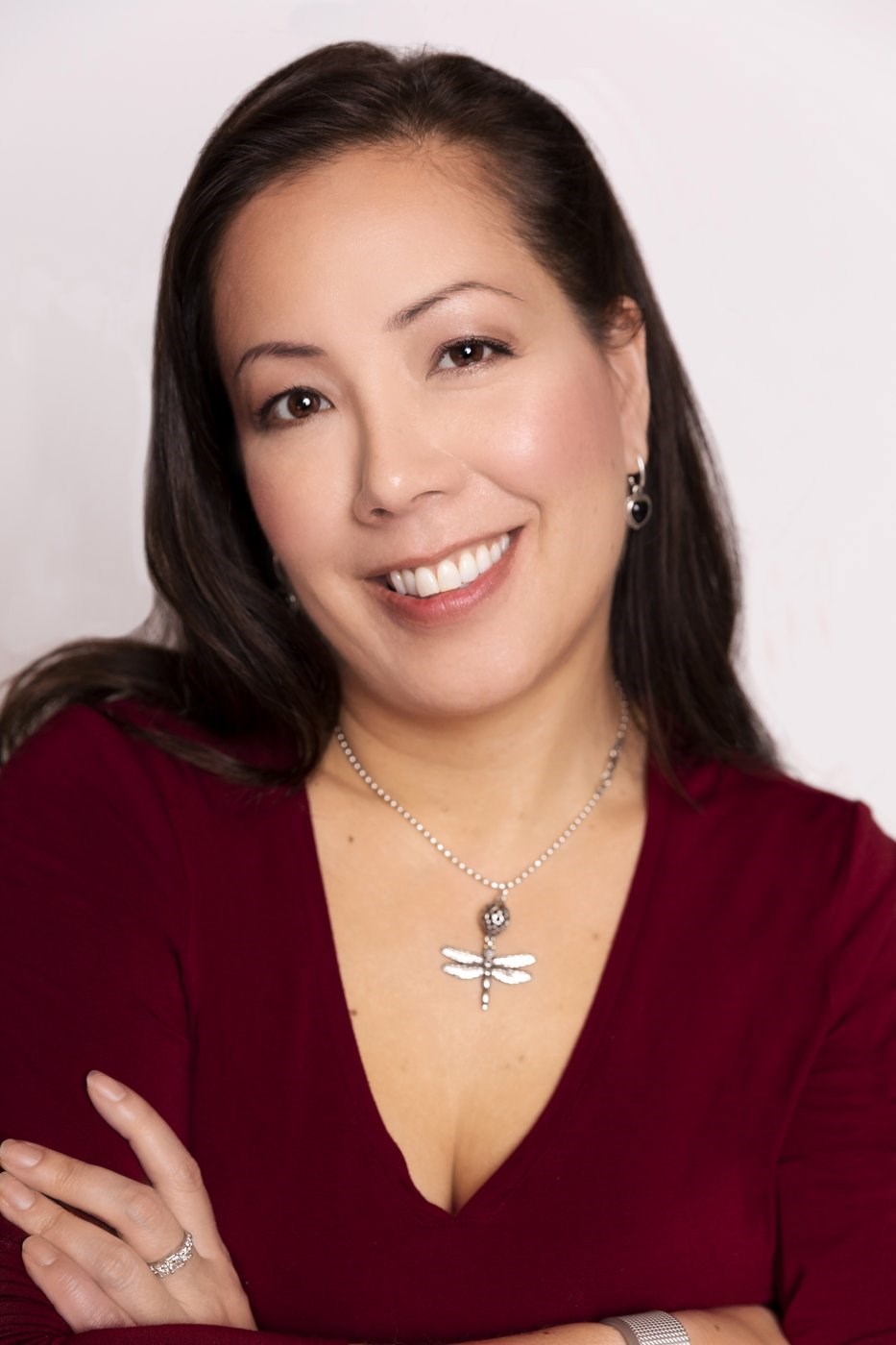What does it matter if I'm going to be dead anyway?
It's a comment sometimes heard by Julia Chung, an advice-only financial planner at Spring Planning in Vancouver.
Her retort: "It isn't about you. It's about the people that you leave behind."
Having a well-thought-out estate plan is "one of the most loving things you can do for your friends and family," Chung says.
And it goes far beyond drawing up a will laying out who gets what when you're six feet under.
Indeed, Chung says there's planning that must be done for when you're still among the living, but may have lost the ability to make your own decisions due to dementia or other conditions.
People are living longer thanks to advances in science, "but not all of us are going to live really well," Chung says.
A power of attorney is set out in a document entirely separate from a will, and doesn't automatically default to a spouse or adult child.
There are also financial assets that fall outside of a person's will that need to be sorted out, like beneficiary designations for life insurance, RRSPs and TFSAs.
The last thing a bereaved loved one wants to do is go on a wild-goose chase for the information they need to tie up financial loose ends, so some of Chung's clients have a binder put together with key information.
"What information do they need? Just having a will isn't going to tell them where you bank or how to access your mail or who your investment adviser is," says Chung.
"So how do we get that information to them?"
Another aspect to think through is how and when any minor children left behind can access their inheritance.
Chung recommends structuring a trust so a young person gets the funds in staggered amounts, not in one big lump sum.
"As I always say to my clients when I see this, 'Think back to when you were 18 or 19. Were you making really smart financial decisions? Because I wasn't,'" she says.
Last month, IG Wealth Management released its annual estate planning study, which suggested 54 per cent of Canadians lack a plan.
Twenty-nine per cent of respondents said their reason for not having an estate plan was their perceived lack of wealth.
"Ironically, I think that in many cases, it's the people who don't have sufficient wealth yet that need to think about estate planning the most, especially if they have dependents," said Christine Van Cauwenberghe, IG's head of financial planning in Winnipeg.
Forty per cent of respondents reported having legal documents in place to safeguard their finances should they be diagnosed with cognitive decline.
The survey was conducted online by Pollara Strategic Insights, and polled 1,017 adult Canadians between April 10 and 21. The polling industry's professional body, the Canadian Research Insights Council, says online surveys cannot be assigned a margin of error because they do not randomly sample the population.
Van Cauwenberghe says estate planning can be made more complicated in blended families. For instance, it could be all well and good for someone to designate a partner a direct beneficiary for a life insurance policy.
But if that partner passes away, children from a previous relationship may be "completely disinherited," she says.
"It's usually inadvertent, but it's just due to a lack of planning."
Another item to check off the to-do list is to choose who can serve as executor of your estate, power of attorney and guardian to minor children.
It's not necessarily best to have the same person do each job, and it may not make sense to tab someone close to you.
"I think sometimes people choose their executor because they think that person will be offended if you don't choose them. That person would probably be relieved not to be chosen," says Van Cauwenberghe, adding corporate trustees are an option when there's no one willing or able to take on the tasks.
"It's a big job and understand that most people don't have any experience in it. They don't know what to do, they delay, they make mistakes, they don't reach out to the right experts and it can be very stressful."
Van Cauwenberghe says it can be tough to put these difficult decisions at the top of the priority list.
"If you never set aside the time, it's never gonna happen," she says.
"But you're not going to be the one to pay the price. It will be your loved ones who will pay the price for your lack of planning."
This report by The Canadian Press was first published June 19, 2025.
Lauren Krugel, The Canadian Press




